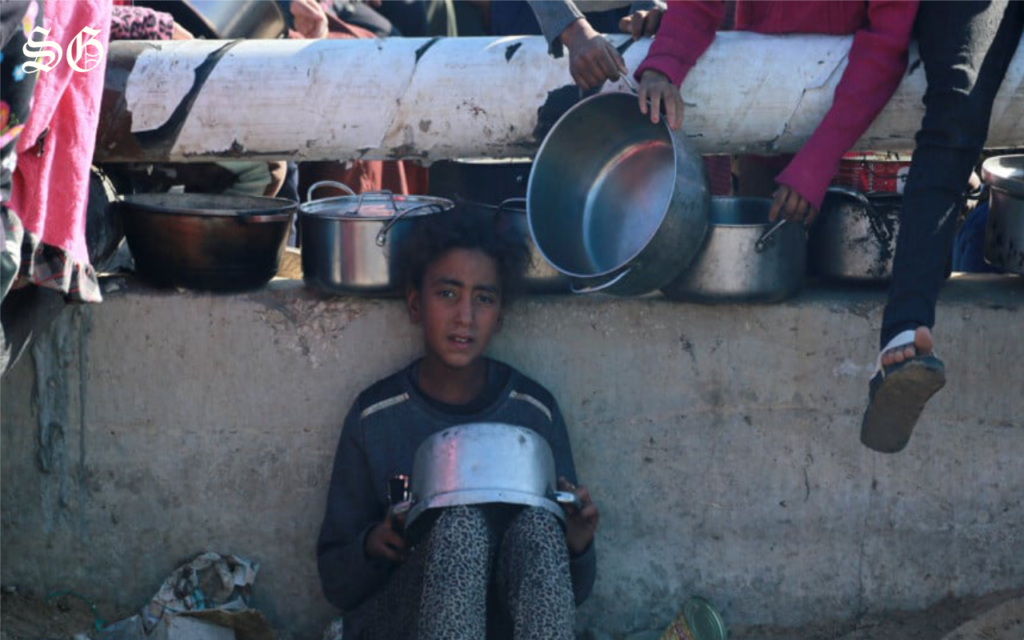Table of Contents
Human Rights Watch Accuses Israel of Genocide Over Water Denial in Gaza
Human Rights Watch Accuses Israel of Genocide Over Water Denial in Gaza. The allegations presented in the report by Human Rights Watch are serious and highlight contentious issues in international law and human rights. Here’s a breakdown of key aspects:

Denial of Clean Water:
- Human Rights Watch claims that Israel’s actions or omissions in providing access to clean water in Gaza have resulted in significant harm, including deaths.
- This deprivation is framed as part of broader harm inflicted on Palestinian civilians.
Genocide and Extermination:
- The report suggests that the denial of water could amount to acts of genocide under the 1948 Genocide Convention.
- Key to this claim is the alleged intent to destroy, in whole or in part, a national, ethnic, racial, or religious group.
Statements by Officials:
- The report highlights statements by certain Israeli officials, interpreting them as indicative of genocidal intent, which is a critical factor in proving such crimes.
Israel’s Response:
- Adherence to International Law:
- Israel denies the allegations, emphasizing its compliance with international law and asserting its right to self-defense amid ongoing conflict.
- Humanitarian Measures:
- Israeli authorities state they have taken steps to ensure water infrastructure remains operational and have allowed humanitarian aid and water supplies into Gaza.

Broader Context:
- This report aligns with findings from other human rights organizations, reflecting ongoing concerns about the humanitarian impact of the conflict in Gaza.
- The interpretation of international law, including the application of the Genocide Convention, remains a deeply debated and legally complex issue.
- The situation underscores the challenges of accountability in conflict zones, particularly in asymmetric warfare contexts where civilian populations are disproportionately affected.
Implications:
- Legal Accountability:
- If substantiated, these allegations could lead to calls for international investigations, potentially involving bodies like the International Criminal Court (ICC).
- However, proving genocide requires robust evidence of intent, making it one of the most challenging international crimes to prosecute.
- Humanitarian and Political Ramifications:
- Reports like this fuel international debates over Israel’s policies in Gaza and broader accountability for actions during conflicts.
- They may also increase pressure for international intervention or humanitarian relief efforts.